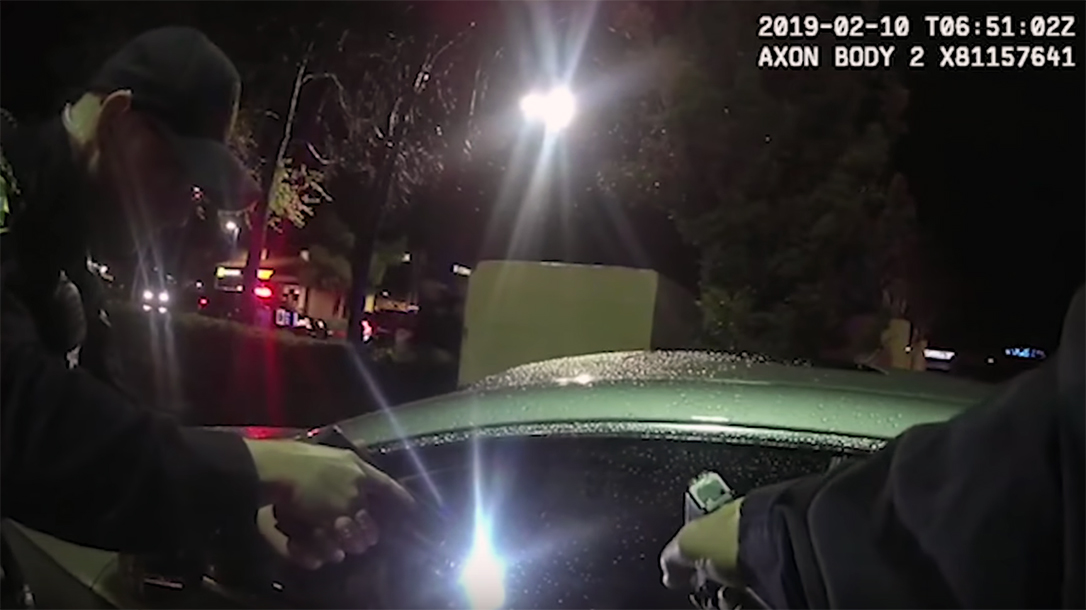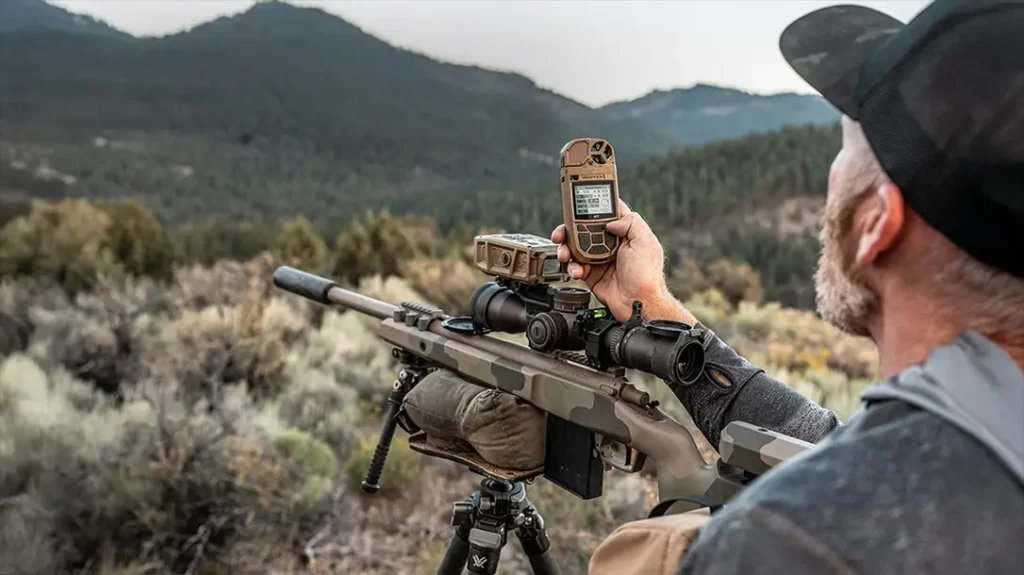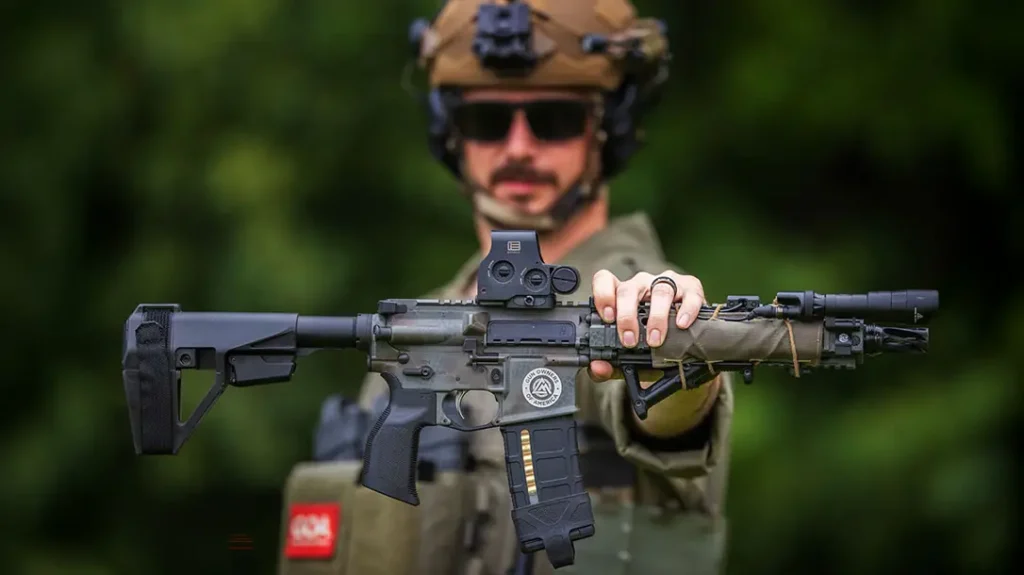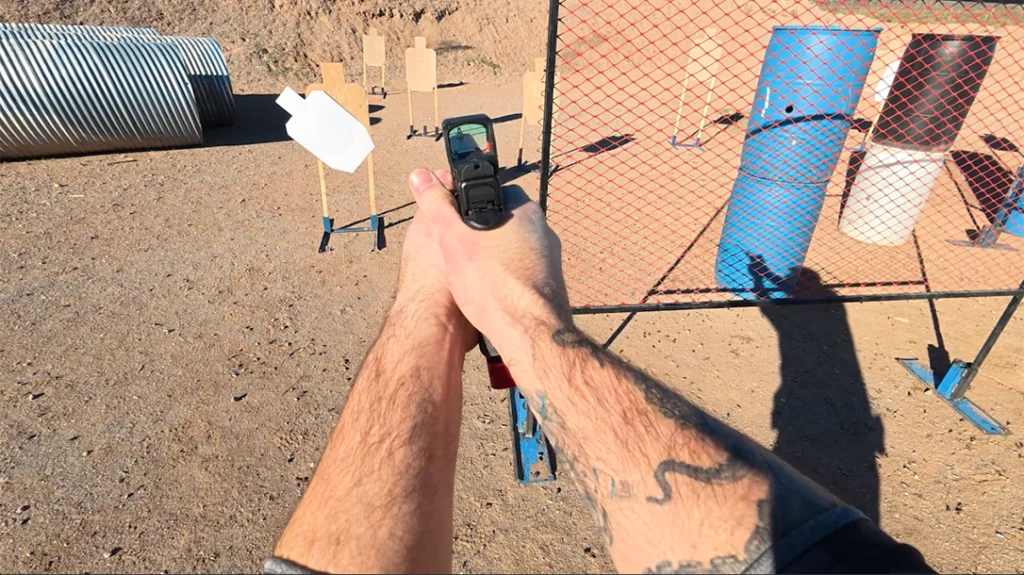California Governor Gavin Newsom signed AB 392 into law recently. The new law, among other things, requires police use lethal force only when “necessary.” The law replaces the former law enforcement guideline of “reasonable,” an attempt to tighten standards of when officers deploy lethal force to stop a threat.
California Approves New Use of Force Law
“As California goes, so goes the rest of the United States of America,” Newsom boasted, according to npr.org. “And we are doing something today that stretches the boundaries of possibility and sends a message to people all across this country — that they can do more.”
Advertisement — Continue Reading Below
However, the new law avoids actually defining a specific definition for “necessary,” leaving some supporters of the bill frustrated with the watered down final language. That ambiguity will likely play out in court when the next shootings occur, leaving courts and judges to interpret the new language.
“The whole debate boils down to two words: ‘necessary’ and ‘reasonable,” explained Ben Adler of Capital Public Radio. “Right now, deadly force is justified if a reasonable officer would have acted similarly in that situation. So in other words, what a typical officer would have done based on his or her training. When the law takes effect in January, that standard will change to when the officer reasonably believes deadly force is necessary,” reported npr.org.
Assemblywoman Shirley Weber, a Democrat from San Diego, who pushed for the bill, saw the signing as a win.
Advertisement — Continue Reading Below
“Significant change is never easy, but those who voted today looked to their conscience and found the courage to do the right thing for California,” Weber said, according to npr.org. “I have to thank the families who have lost loved ones to police violence. They have been the energy and the moral compass for making this possible.”
Willie McCoy Shooting
One family mentioned frequently throughout the debate belonged to the late Willie McCoy. Vallejo police found McCoy passed out with a gun in his lap, his car still in drive, in a Taco Bell parking lot. Officers attempted to enter the vehicle but found the doors locked. That’s when McCoy woke up, appeared to go for his gun, prompting Vallejo officers to open fire. In all, officers dumped a reported 55 rounds into the car, killing the suspect.
“The reality is, officers rarely face consequences, and families like mine are left to wonder who is policing the police,” said Kori McCoy, the suspect’s sister, according to npr.org.
Advertisement — Continue Reading Below
Law Enforcement Concessions
Meanwhile, not everyone celebrated the new California use of force law. Black Lives Matter, an early supporter of the bill, pulled that support due to accessions given to law enforcement as part of the compromise.
“Unfortunately, in efforts to get law enforcement to lift their opposition, the bill was so significantly amended that it is no longer the kind of meaningful legislation we can support,” said Black Lives Matter’s Melina Abdullah, reported npr.org.
Those amendments called for more money, along with more and better training, for officers throughout the state. That money and training “will modernize our state’s policies on the use of force, implementing the very best practices gathered from across our nation,” said California Police Chiefs Association President Ron Lawrence, reported npr.org.
Advertisement — Continue Reading Below
We will likely hear much more regarding California’s new use of force law, which goes into effect January 2020. When the next shooting occurs, somewhere along the way officers will find themselves in court. Or maybe an officer fails to pull the trigger for fear of that same outcome. While the law will potentially save civilian lives, will it have the unintended consequence of costing the lives of sworn officers? Only time will tell.
























